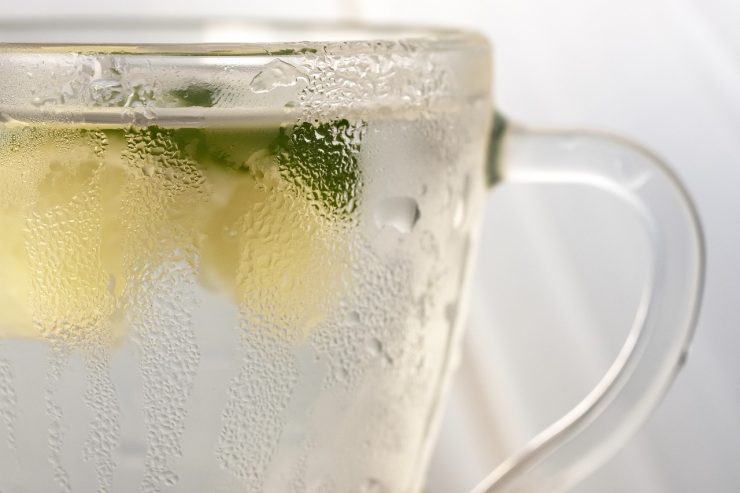Lemon water has earned its reputation as a refreshing, health-boosting drink. It’s a simple way to increase vitamin C intake, which may support immune health, help lower blood pressure, and reduce the risk of heart disease. There’s also evidence it can improve skin, aid digestion, support weight loss efforts, and even freshen breath.
And let’s be honest—it tastes great.
But like most good things, moderation is key. While sipping a glass or two of lemon water per day isn’t likely to cause problems, going overboard can have some unintended consequences. There’s no exact amount that’s “too much” for everyone, but consistently drinking large quantities can bring about a few issues worth knowing about.
Here are six potential side effects to keep in mind when it comes to lemon water:
1. It Can Erode Tooth Enamel
Lemon juice is very acidic, and when consumed often, it can gradually wear away tooth enamel. According to the American Dental Association, this type of acid erosion can lead to yellowing, roughness, or increased sensitivity to hot or cold drinks. If teeth start to feel gritty or a cold beverage suddenly causes a painful zing, it could be a sign that enamel is being compromised.
2. It Can Aggravate Cavities
In its pure form, lemon juice doesn’t contain sugar. But if sweeteners are added—or if a lemon concentrate is used—it can become a problem. Sugars combined with acid create an environment that supports cavity-causing bacteria. Even if cavities aren’t currently an issue, drinking sweetened lemon water frequently may raise the risk over time.
3. It May Upset Sensitive Stomachs
While some people find lemon water calming for digestion, others may have the opposite experience. For those with acid sensitivity, ulcers, or GERD (gastroesophageal reflux disease), the acidity of lemons can worsen symptoms such as stomach pain, nausea, or heartburn.
In individuals with pre-existing conditions like ulcers, lemon water is best avoided entirely.
4. Lemon Rinds Can Carry Bacteria
This one isn’t about the juice, but the peel. A study published in the Journal of Environmental Health found that about 70% of lemon rinds used in restaurants carried bacteria, including strains like E. coli. If lemon slices or wedges are added to water—especially if the peel is left on—it’s important to wash them thoroughly first.
5. It Might Trigger Migraines
Citrus fruits, including lemons, have been flagged in some studies as possible migraine triggers. The research is mixed—some people have no issues, while others find citrus can spark a headache. For individuals prone to migraines, it might be worth observing whether lemon water seems to bring one on.
6. It Can Worsen Mouth Ulcers
Anyone who’s ever had a canker sore knows how unpleasant they can be. The acid in lemon juice can irritate the tissue further and make the pain worse. For those dealing with frequent mouth ulcers, skipping the lemon might bring some relief.
A Little History on Lemon’s Healing Reputation
Lemon has a long-standing history in traditional healing systems. In Ayurveda, it’s viewed as a stimulant for digestion or “gastric fire.” The Romans believed lemon could counteract poisons. Egyptian texts from the 12th century praised lemons for their medicinal strength.
And during Sir Edmund Hillary’s famous ascent of Mount Everest in 1953, his team relied on a simple tonic to fight off altitude-related dehydration: hot water with lemon.
Lemon water certainly has its benefits, but like most things, balance is important. A daily glass or two may support overall health, but excessive intake—especially when combined with sugar or lemon peel—can lead to problems over time. It’s always a good idea to listen to the body and adjust habits accordingly.











